Myths and Mistakes in New Testament Criticism
Since the unexpected popularity of Bart Ehrman’s bestselling Misquoting Jesus, textual criticism has become a staple of Christian apologetics.
Ehrman’s skepticism about recovering the original text of the New Testament does deserve a response. However, this renewed apologetic interest in textual criticism has created fresh problems for evangelicals. An unfortunate proliferation of myths, mistakes, and misinformation has arisen about this technical area of biblical studies.
In this volume Elijah Hixson and Peter Gurry, along with a team of New Testament textual critics, offer up-to-date, accurate information on the history and current state of the New Testament text that will serve apologists and Christian students even as it offers a self-corrective to evangelical excesses.
Around 367 pages.
theWord Features
- Verse popups
- Fully searchable text
- Footnote(s)
- Easy navigation of topics via topics tree display.
- Special Text Colors
- Normal: Text
- Pages: [p1>
- Hyperlink: Link | Jn 3:36
- Greek: λογος
- Hebrew: א
- Sahidic: аϥϯпЄЧОУОЄІ ЄРОЧ
Pocket History of the Church
The story of Christianity is a fascinating tale. Here we find drama, vision and expansion along with failure, setbacks and tragedy. Yet during the past two thousand years the power of Jesus is felt throughout the interplay of human actors and the forces of world events.
How can you grasp the story played out on such a gigantic stage? This book is an ideal place to start. D. Jeffrey Bingham has skillfully selected the key people and episodes to tell a grand and humbling story. From Roman persecution to the early creeds, from the monastic movement to the Reformation, from the rise of liberalism to missionary expansion, he chronicles the ups and downs of a people and a faith.
This pocket history has been crafted for students, pastors and other busy people who want an informed, clear and concise presentation that feeds the mind and moves the heart. It is an account that nurtures the Christian virtues of faith, hope and love. For Bingham aims not only to uncover the treasures of the church’s past but also to show how history aids your own spiritual journey today.
theWord Features
- Verse popups
- Fully searchable text
- FootNote(s)
- Easy navigation of topics via topics tree display.
- Special Text Colors
- Normal: Text
- Hyperlink: Link
- Page Number: [pg1>
Pocket Dictionary of Christian Spirituality
The Pocket Dictionary of Christian Spirituality is an A to Z introduction and resource for curious newcomers and novice students of spirituality. From our first call to Abba until we arrive at Zion, the heavenly Jerusalem, Don Thorsen charts the Christian spiritual pilgrimage through its many traditions, schools of thought, and tested practices.
Among the over 300 definitions you’ll find
- terms and ideas
- traditions and movements
- practices and rituals
- texts and theology
A reliable guide and launching pad for learning, the Pocket Dictionary of Christian Spirituality is a basic resource for the pilgrimage travel bag.
theWord Features
- Verse popups
- Fully searchable text
- Easy navigation of topics via topics tree display.
- Special Text Colors
- Normal: Text
- Hyperlink: Link | Jn 3:36
- Page Number: [pg1>
Pocket Dictionary of Biblical Studies
So many words about the Word. The study of anything seems to generate its own special vocabulary, and biblical studies is no different. What’s more, it’s got nearly a two-thousand-year lead on you! How can you catch up? Here is the answer!
If you are puzzled by parataxis or rankled by recensions, the Pocket Dictionary of Biblical Studies is the companion you need. Whether you are studying Old Testament or New Testament or both at once, this little book is your private tutor, your ever-ready guide to over three hundred biblical-studies terms. Here’s your glossary for reading course textbooks, your decoder for listening to lectures, your review sheet for cramming for finals and your “help” key for writing research papers.
Among the more than 300 terms defined you’ll discover
- types of biblical criticism, from genre criticism to tradition criticism
- Greek and Latin terms, from agrapha to vaticinium ex eventu
- German terms, from Frühkatholizismus to Wissenschaft
- ancient texts, from Aleppo Codex to Zadokite Document
- literary features, from acrostic to woe oracle
- theories, from the Augustinian hypothesis to the Yahwist source
- textual criticism terms, from codex to Western text
Written by Arthur G. Patzia and Anthony J. Petrotta, two biblical studies professors who know what you need to know, Pocket Dictionary of Biblical Studies will be your essential guide into a fascinating world of understanding.
theWord Features
- Verse popups
- Fully searchable text
- Easy navigation of topics via topics tree display.
- Special Text Colors
- Normal: Text
- Hyperlink: Link | Jn 3:36
- Greek: λογος
- Hebrew: א
Pocket Dictionary of Theological Terms
Beginning to study theology is like stepping into a conversation that has been going on for two thousand years.
How do you take part in this conversation–or even make sense of it–if you don’t understand the vocabulary or know the contributions made by other participants?
The Pocket Dictionary of Theological Terms is the perfect companion to your theological studies. Among its three hundred-plus definitions are
- English terms, from accomodation to wrath of God
- foreign terms, from a posteriori to via media
- theological movements and traditions, from the Alexandrian School to Wesleyanism
- theologians, from Anselm of Canterbury to Ulrich Zwingli
Here is an affordable and easily accessible resource for your theological readings, lectures and writing assignments. It’s a must-have for every beginning theological student!
theWord Features
- Verse popups
- Fully searchable text
- Easy navigation of topics via topics tree display.
- Special Text Colors
- Normal: Text
- Hyperlink: Link | Jn 3:36
Pocket Dictionary of Apologetics & Philosophy of Religion
For philosophers, the pursuit of truth travels on precise definitions. For Christian apologists, the defense of the faith is founded on the defining Word. And for beginning students of either discipline, the difference between success and frustration begins with understanding the terms and ideas and identifying the thinkers and movements.
The Pocket Dictionary of Apologetics Philosophy of Religion is designed to be a companion to your study of these two related disciplines. Among its 300 entries are
- terms, from a posteriori to worldview
- apologists, from Abelard to Van Til
- philosophers of religion, from Alston to Wolterstorff
- movements, from analytic philosophy to voluntarism
- apologetic arguments, from the cosmological to the wager
- theologies, from Arminianism to Zoroastrianism
Here is an affordable and easily accessible “help key” for your readings, lectures, writing assignments and exam preparation. It’s a must-have study aid for any student who expects to cogitate on coherentism or ruminate on Ricouer.
theWord Features
- Verse popups
- Fully searchable text
- Easy navigation of topics via topics tree display.
- Special Text Colors
- Normal: Text |
- Hyperlink: Link | Jn 3:36
The Epistle to the Romans (Verse by Verse Study)
Description:
These studies in Romans were originally used with College Students at Wesleyan University in Middletown, CT and Trinity College in Hartford, CT. They were used for evangelistic purposes (to bring students to a saving knowledge of the Lord Jesus Christ) and they were also used for discipleship purposes (to expose students to the great doctrinal truths presented so clearly in Romans).
theWord Features:
- Verse popups
- Verse Syncs with Bible View
- Fully searchable text
- Footnotes
- Easy navigation of topics via topics tree display.
- Special Text Colors
- Normal: Text
- Hyperlink: Luke 20:21
- Greek: εαυτους
Pocket Guide to World Religions
Have you ever wondered . . .
- what the red dot on an Indian woman’s forehead means?
- whether all Buddhist monks practice martial arts?
- if the Emperor of Japan is still considered a god?
Here is a concise, informative guide for anyone looking for answers to basic questions about the world’s varied religions. In short, incisive chapters, Winfried Corduan introduces readers to twelve of the world’s major religions, including Baha’i, Buddhism, Christianity, Confucianism, Daoism, Hinduism, Islam, Jainism, Judaism, Parsi, Shinto and Sikhism. For each, he offers brief descriptions of its name, numbers and distribution, key symbols, history, Scriptures, major beliefs, subgroups, worship practices, home practices, clothing, diet and calendar. Also included are even briefer descriptions of sixteen new religious movements and traditional or tribal religions.
This book is for students, pastors and other busy people who want the quick, bare-facts scoop on current religions.
theWord Features
- Fully searchable text
- Easy navigation of topics via topics tree display.
- Special Text Colors
- Normal: Text
- Hyperlink: Link
- Page Number: [pg1>
Advance Hebrew Package
Package: BHS5 (Text) || ETCBC (WIVU) (Gloss, Lemma, Morphology, Clausing)
BHS5 Description
Biblia Hebraica Stuttgartensia (BHS) is known to be the definitive edition of the Hebrew Bible. It is widely regarded as a reliable edition of the Hebrew and Aramaic scriptures and is the most widely used original-language edition among scholars.
ETCBC (WIVU) Description
The ETCBC data is comprised of the text of the BHS5. It provides Lemmas which work in sync with our Hebrew dictionaries. Morphology is provided and explained via the morphology dictionary. An English gloss is provided for a quick overview of a word with pronouns in color. A transliteration is provided for those new to learning Hebrew.
Sentence markers indicate where a sentence begins. Clause markers indicate a start to a clause while also explaining the clause for example: “Type: NominalDomain: NarrativeKind: Nominal”. Likewise with Phrase markers indication of start and explanation is given for example: “Type: NominalDetermination: determinedFunction: Subject” all of these markers are toggled via the F key.
The text contains both Ketiv and Qere variants. Ketiv variants are displayed in brown color, Qere in blue. Qere variants can be toggled on/off with the R key.
Lastly the pointings can be toggled on and off using the V key for those who are interested in reading the consonants with out the distraction of the points.
theWord Features:
- BHS5 Text
- Lemma
- Morphology
- English gloss (on hover over word)
- Transliteration (on hover over word)
- Sentences markers.
- Clauses markers with explanation
- Phrases markers with explanation
- Sentence/Clauses/Phrases. To toggle on/off these use the F key.
- The text is pointed Hebrew. To toggle on/off pointings use the V key.
- The text contains both Ketiv and Qere variants. Ketiv variants are displayed in brown color, Qere in blue. Qere variants can be toggled on/off with the R key.
- Morphology Dictionary (in book view)
⦁ Morphology for the BHS5/ETCBC
⦁ Fully searchable text
⦁ Easy navigation of topics via topics tree display.
Pocket Dictionary of the Reformed Tradition
Beginning to study Reformed theology is like stepping into a family conversation that has been going on for five hundred years. How do you find your bearings and figure out how to take part in this conversation without embarrassing yourself?
The Pocket Dictionary of the Reformed Tradition takes on this rich, boisterous and varied tradition in its broad contours, filling you in on its common affirmations as well as its family tensions. Here you will find succinct and reliable entries on
- Latin terms, such as ad fontes and sola fide
- Theologians, from Calvin to Torrance
- Confessions, such as the Belgic and Westminster
- Doctrines, such as atonement and sanctification
- Apologists, such as Francis Schaeffer and Cornelius Van Til
And much more.
The Pocket Dictionary of the Reformed Tradition is ready to assist you over the rough parts of readings, lectures, conversations and blogs. It will also be a companionable and concise introduction to one of the great Christian traditions.
theWord Features
- Verse popups
- Fully searchable text
- Easy navigation of topics via topics tree display.
- Special Text Colors
- Normal: Text
- Hyperlink: Link
Pocket Dictionary for the Study of New Testament Greek
If you are beginning your study of New Testament Greek or Greek exegesis, this book is for you!
From ablative to zeugma, it defines the tangled terms that infest Greek textbooks, grammars and lexicons.
Here is the book to deliver you from late-night ponderings of the predicate and frantic fumings over the fricative. It is the indispensable lexicon to that third language that is neither Greek nor recognizable English: the technical vocabulary of grammarians, lexicographers, linguists and Greek instructors. What’s more, this pocket dictionary gives you the inside edge on the terminology of exegesis, textual criticism and biblical criticism.
Careful definitions, helpful examples and copious cross-references make this economically priced, brief dictionary easy to use. And its convenient size will make it a constant companion in your study of the Greek New Testament.
theWord Features
- Verse popups
- Fully searchable text
- FootNote(s)
- Easy navigation of topics via topics tree display.
- Special Text Colors
- Normal: Text
- Hyperlink: Link
- Page Number: [pg1>
- Greek: λογος
- Hebrew: א
The New Testament: An Expanded Translation (Commentary style)
theWord Features:
- Expanded Translation in Commentary format
- Verse popups
- Fully searchable text
- Footnotes
- Easy navigation of topics via topics tree display.
- Linked to Bible View
- Special Text Colors
- Normal: Text
- Hyperlink: Luke 20:21
- Greek: χρησις
- Transliterated Greek: euaggelion
Handbook of Biblical Hebrew
The Handbook, designed as a complete tool for the student of Biblical Hebrew, is the result of over twenty- five years of teaching the language. While it is primarily intended for use in Hebrew courses, it is also an excellent tool for a refresher course or useful as a basic grammatical reference work to aid the exegete. Similar in format to the author’s Handbook of New Testament Greek, it combines reading lessons (vol. 1) with grammar, paradigms, and basic vocabulary (vol. 2). William LaSor uses the inductive method, studying directly from the text, rather than the conventional method of language study in which beginning students learn the rules of grammar and syntax and memorize vocabulary, often without reading the actual text. Instead of memorizing numerous forms that will never be encountered in actual reading, the student learns only what he or she encounters.
The lessons are based on the Hebrew text of Esther, chosen because it presents little difficulty in theological or textual matters and has an excellent vocabulary. LaSor has included readings from other portions of the Bible, such as several chapters from Genesis, to introduce the student to Hebrew other than that found in Esther.
The diligent student of this method will learn not only the elements of Hebrew but also how to inductively study the language and how to learn by induction what the Hebrew text says.
theWord Features
- Verse popups
- Fully searchable text
- FootNotes
- Easy navigation of topics via topics tree display.
- Hebrew Lemmas: אָב
- Special Text Colors
- Normal: Text
- Hyperlink: §11.325| Esther 1:2BHS
- Page Number: [v2 pg1>
- Latin: plene
- Transliteration: bay-yā-mîym
- Hebrew: בַּיָּמִ֖ים
Theological Dictionary of the Old Testament, Volumes 1 – 17
Series Editors: G. Johannes Botterweck, Helmer Ringgren, Heinz-Josef Fabry
This multivolume work is still proving to be as fundamental to Old Testament studies as its companion set, the Kittel-Friedrich Theological Dictionary of the New Testament, has been to New Testament studies.
Beginning with ‘ābh (‘āb), “father,” and continuing through the alphabet, the TDOT volumes present in-depth discussions of the key Hebrew and Aramaic words in the Old Testament. Leading scholars of various religious traditions (including Roman Catholic, Lutheran, Reformed, Anglican, Greek Orthodox, and Jewish) and from many parts of the world (Denmark, France, Germany, Great Britain, Greece, Israel, Italy, the Netherlands, Norway, Sweden, Switzerland, and the United States) have been carefully selected for each article by editors Botterweck, Ringgren, and Fabry and their consultants, George W. Anderson, Henri Cazelles, David Noel Freedman, Shemaryahu Talmon, and Gerhard Wallis.
The intention of the writers is to concentrate on meaning, starting from the more general, everyday senses and building to an understanding of theologically significant concepts. To avoid artificially restricting the focus of the articles, TDOT considers under each keyword the larger groups of words that are related linguistically or semantically. The lexical work includes detailed surveys of a word’s occurrences, not only in biblical material but also in other ancient Near Eastern writings. Sumerian, Akkadian, Egyptian, Ethiopic, Ugaritic, and Northwest Semitic sources are surveyed, among others, as well as the Qumran texts and the Septuagint; and in cultures where no cognate word exists, the authors often consider cognate ideas.
TDOT’s emphasis, though, is on Hebrew terminology and on biblical usage. The contributors employ philology as well as form-critical and traditio-historical methods, with the aim of understanding the religious statements in the Old Testament. Extensive bibliographical information adds to the value of this reference work.
This English edition attempts to serve the needs of Old Testament students without the linguistic background of more advanced scholars; it does so, however, without sacrificing the needs of the latter. Ancient scripts (Hebrew, Greek, etc.) are regularly transliterated in a readable way, and meanings of foreign words are given in many cases where the meanings might be obvious to advanced scholars. Where the Hebrew text versification differs from that of English Bibles, the English verse appears in parentheses. Such features will help all earnest students of the Bible to avail themselves of the manifold theological insights contained in this monumental work.
Note: Print edition is 17 volumes.
Print pages/price per volume on 12/11/2021 from Eerdmans.com
Volume I: 501pgs, $66.50
Volume II: 508pgs, $75.00
Volume III: 483pgs, $66.50
Volume IV: 513pgs, $75.00
Volume V: 543pgs, $76.50
Volume VI: 513pgs, $76.50
Volume VII: 578pgs, $66.50
Volume VIII: 584pgs, $76.50
Volume IX: 589pgs, $76.50
Volume X: 616pgs, $76.50
Volume XI: 639pgs, $66.50
Volume XII: 636pgs, $67.50
Volume XIII: 677pgs, $79.50
Volume XIV: 726pgs, $84.50
Volume XV: 821pgs, $68.50
Volume XVI: 932pgs, $75.00
Volume XVII: 845pgs, $75.00
Total print pages: 10,704
Total print price: $1,248.50
theWord Features
- Verse popups
- Fully searchable text
- Footnotes
- Easy navigation of topics via topics tree display.
- Hebrew Lemmas: אָב
- Aramaic Lemmas: שׂגי
- Strong’s Numbers: H1
- Special Text Colors
- Normal: Text
- Hyperlink: lit | Luke 20:21
- Page Number: [v1 pg21>
- Latin: septuaginta
- Transliteration: môrāʾ
- Hebrew: אָב
- Aramaic: שׂגי
- Greek: σαμβύκη
Wuest Word Studies in the Greek New Testament
These studies and translations of the Greek New Testament are simplified commentaries on the Greek text for the Bible student who is not conversant with the Greek language. The three-volume set includes commentaries on Mark, Romans, Galatians, Ephesians Colossians, Philippians, Hebrews, 1 Timothy, 2 Timothy, Titus, 1 Peter, 2 Peter, 1 John, 2 John, 3 John and Jude; graphic elucidations of selected passages, words, and phrases; and devotional studies on the teachings of Jesus and the apostles.
theWord Features
- Verse popups
- Fully searchable text
- Footnotes
- Easy navigation of topics via topics tree display.
- Special Text Colors
- Normal: Text
- Hyperlink: Luke 20:21
- Page Number: [pg 21>
- Greek: χρησις
- Hebrew: מֶ֫לֶךְ
- Transliterated Greek & Hebrew: euaggelion

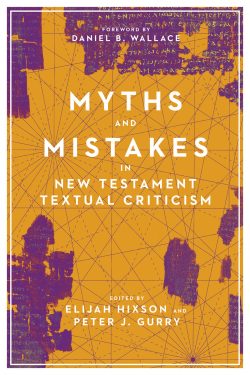
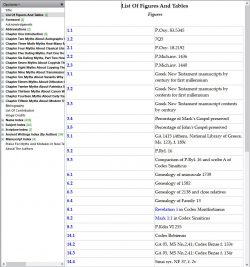
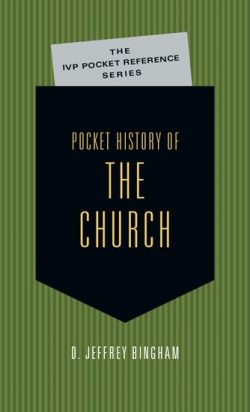
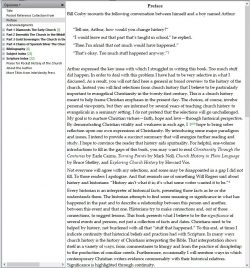
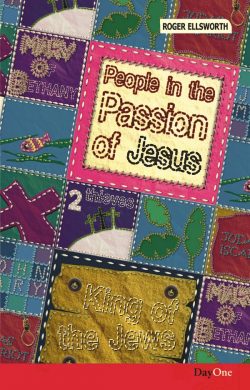
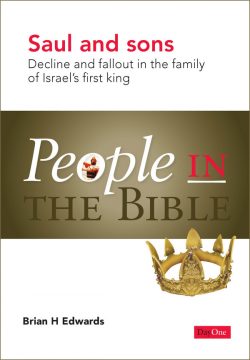
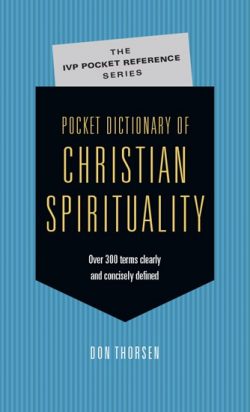
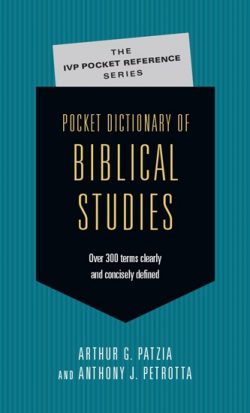
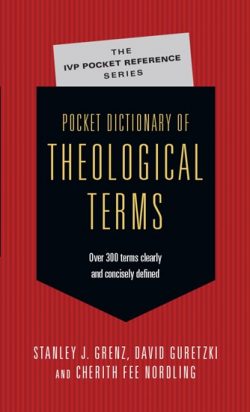
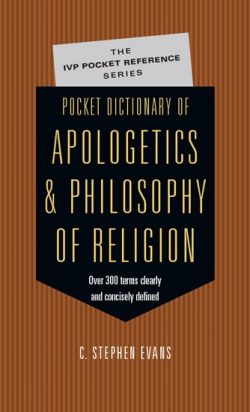
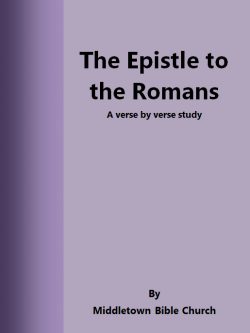
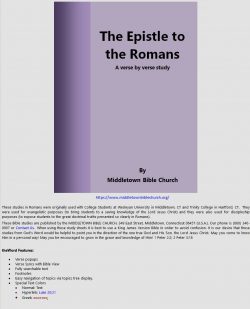
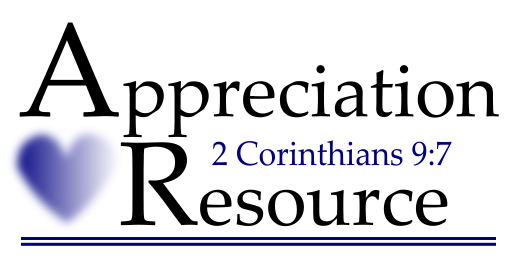
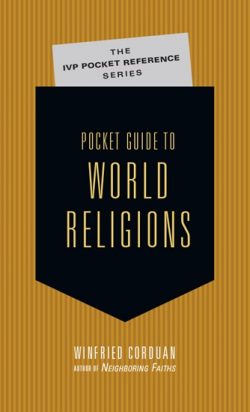
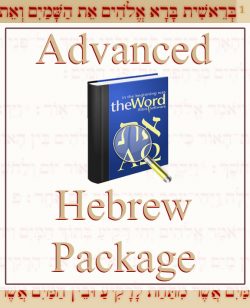
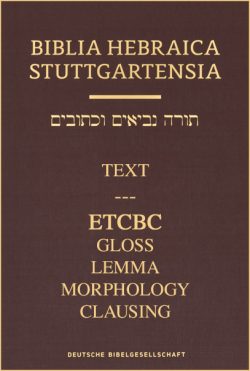
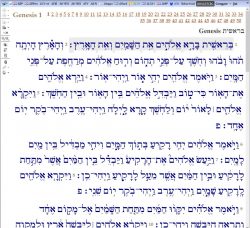
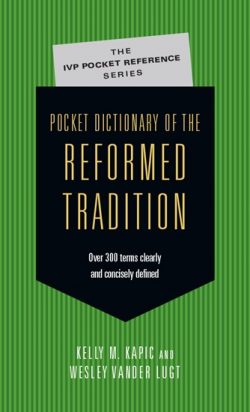
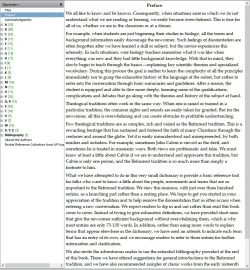
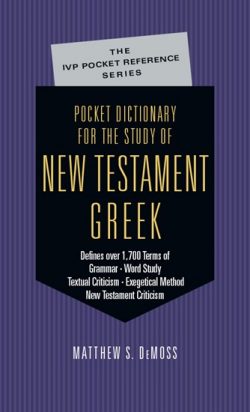
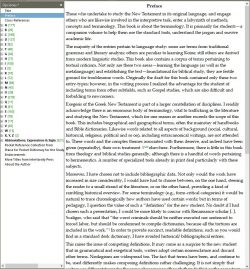
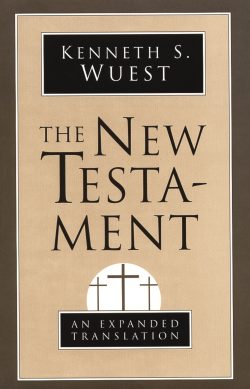
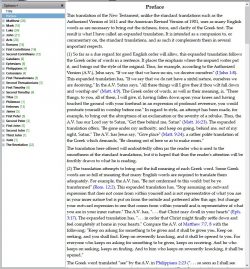
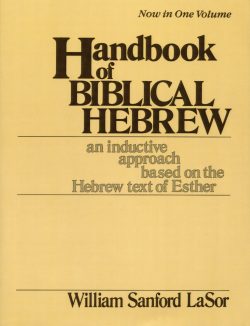
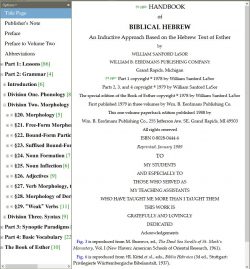
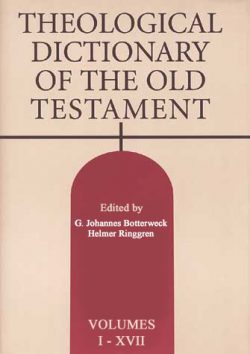
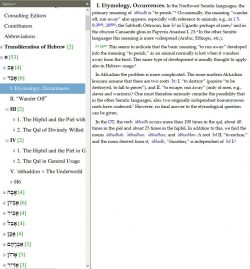
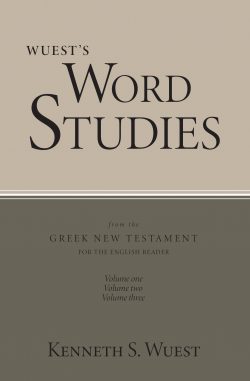

Package: Exploring the Bible
$159.50$103.68 Add to cart